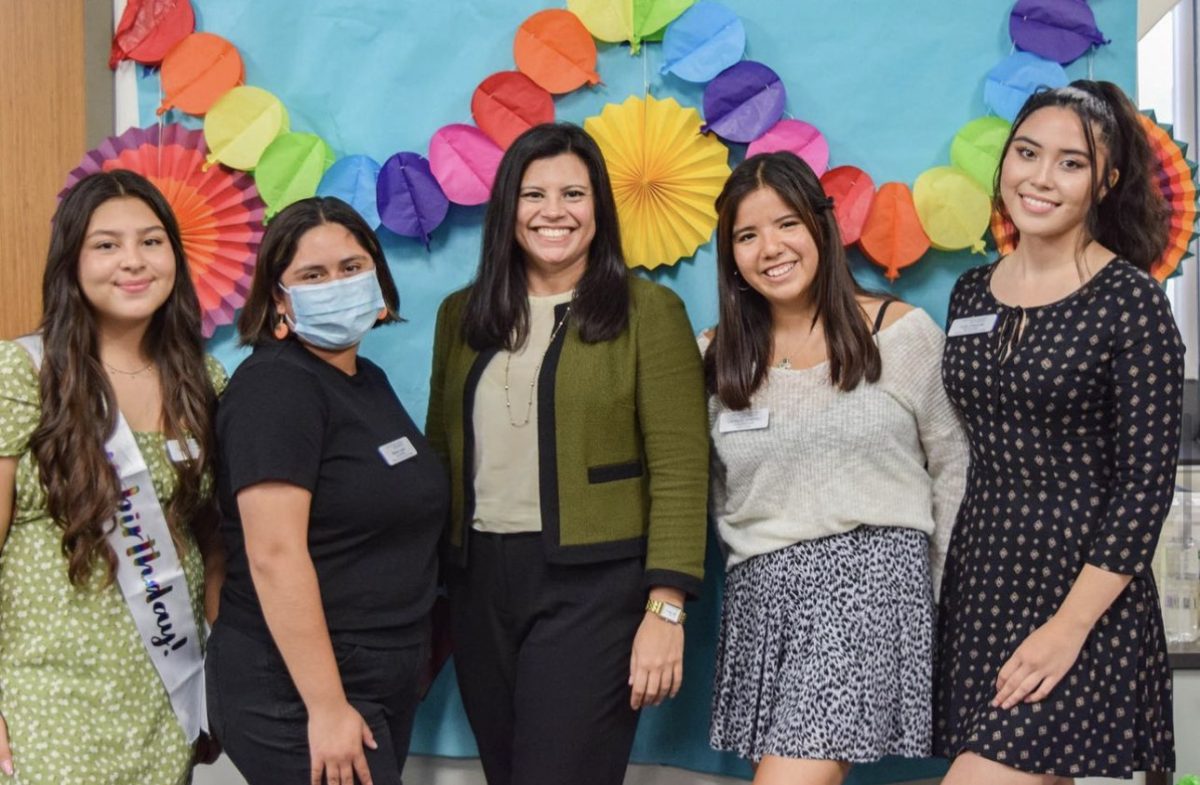Historically, the word Chingona originates from the masculine word Chingon, which refers to a strong, intelligent, and capable man. In Latin American culture, the word Chingon has a positive connotation, and it is perceived as a good thing to be referred to as a Chingon. Whereas, Chingona is said to be derived from the saying, “hija de la chingada,” which translates to, “daughters of the fucked.” When this phrase is used, it is meant to belittle women and discourage them from being bold or assertive.
When the now modified word, Chingona, was used on women, it was used to describe a woman who was too forward, aggressive, and could not comply with traditional misogynistic ideals upheld by the old Latino community. There is no real date to pinpoint when the offensive slur began its transformation into a positive compliment, but during the feminist waves that hit the world, the word Chingona was used to empower women and remind them of their resilience.
Few are aware of the history of the word and therefore receive mixed emotions when the word is thrown their way. As a way of combating this, The Women and Gender Equity Center along with the Latinx Center have joined forces to host Chingona Fest on September 28 in celebration of the word. This year the event will be held in the USU Ballroom from 11:30 a.m. to 1:00 p.m.
Chingona Fest will focus on empowering and educating the campus community on the significance of the word, Chingona, and on how to reclaim the word in an encouraging manner. The event is open to everyone, regardless of identity, so make sure to check it out.


